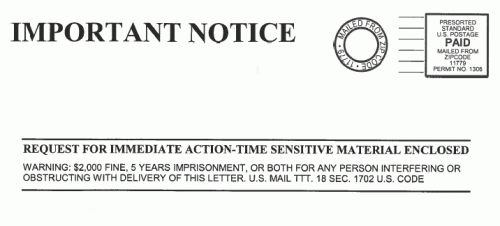Tammany on the Potomac
Apparently the Trump Administration is going full Tammany Hall:
The administration also seems keen to rescind federal funds awarded under President Joe Biden, like the billions of dollars in clean energy grants to states in the Inflation Reduction Act (IRA) and the Infrastructure Investment and Jobs Act (IIJA).
This would be a good idea, if it were applied smartly. Instead, the administration seems to prefer dinging members of the opposing political tribe rather than effecting any sort of across-the-board changes.
"Nearly $8 billion in Green New Scam funding to fuel the Left's climate agenda is being cancelled," OMB Director Russell Vought wrote Wednesday in a post on X. While there is not yet an official announcement, he added that there would be "more info to come" from the Department of Energy. Vought said the newly rescinded funds would come from terminating projects in California, Colorado, Connecticut, Delaware, Hawaii, Illinois, Maryland, Massachusetts, Minnesota, New Hampshire, New Jersey, New Mexico, New York, Oregon, Vermont, and Washington.
If it feels like those 16 states have something in common, it's true: All voted for then-Vice President Kamala Harris, Trump's opponent, in the 2024 election. In fact, other than Maine, Rhode Island, and Virginia, Vought's list includes every single state that didn't go for Trump.
Trump would be justified in wanting to rescind all such grants. Instead, he's apparently content to let states who voted for him keep the cash. This naked partisanship is unseemly, but unfortunately par for the course under Trump. It's also particularly ironic, since red states were much bigger beneficiaries of Biden-era grants.
The article goes on to explain that most of the large payments went to Red states under the law, so rescinding them only from blue states takes some explicit effort. Look, the IRA was clearly a big enormous pork barrel waste of money from the very beginning. I would not be surprised if every dollar in it were political payoffs. But this use of the money as a partisan bludgeon as if Trump were a modern-day Tom Shanahan is outrageous.
Postscript: In fact, Republicans missed a perfectly justified and in my mind acceptable way to bludgeon blue states: Elimination of the State and Local Tax (SALT) deduction on federal income taxes. There is zero justification for having citizens of low-tax states forced to subsidize more profligate states via their Federal taxes. And no economic reason why the Federal tax code should give special breaks for state income taxes but not for state and local sales taxes, gas taxes, property taxes, etc. In Trump's first term Congress capped the SALT deduction, impacting mostly high tax blue states, and I had zero problem with that. But Republicans in the most recent BBB walked away from that by substantially raising this cap.
